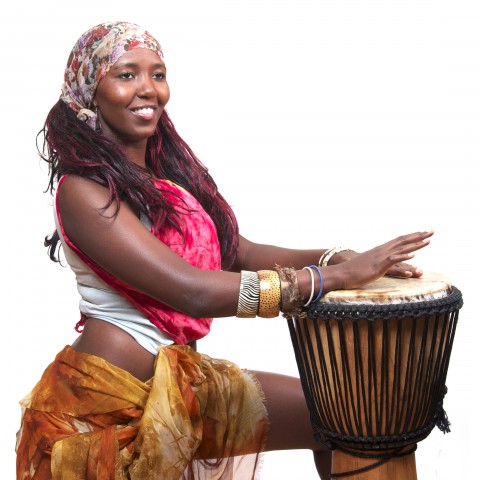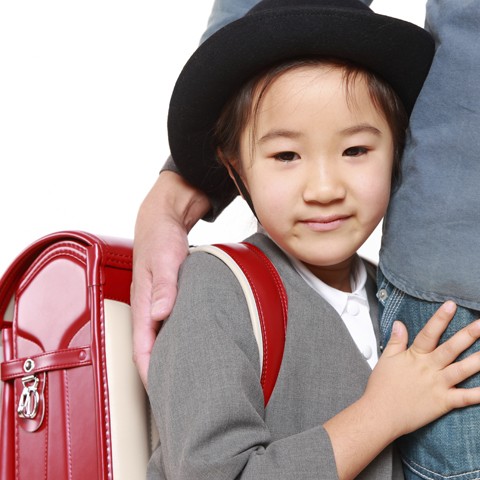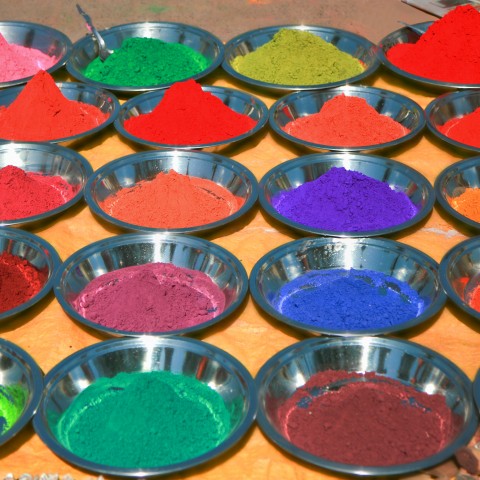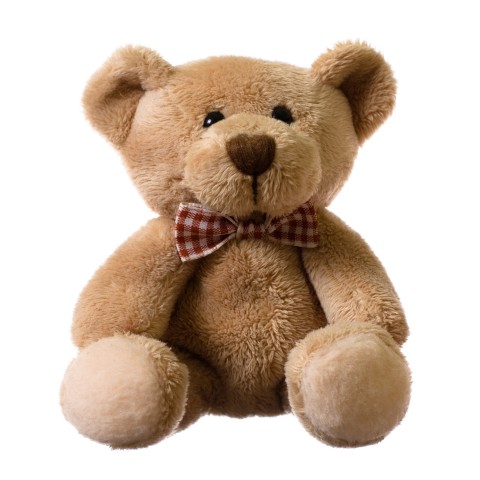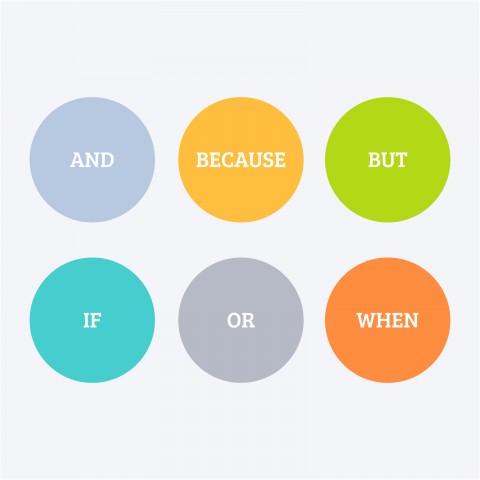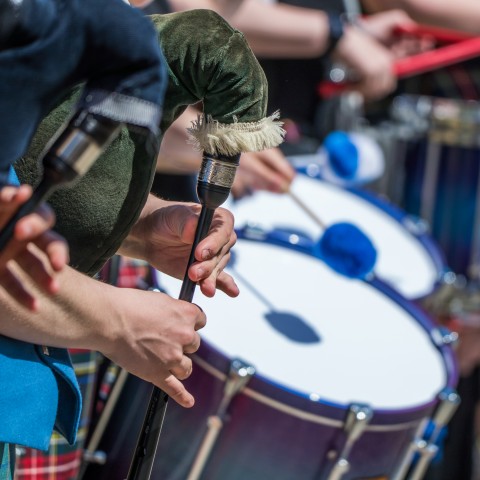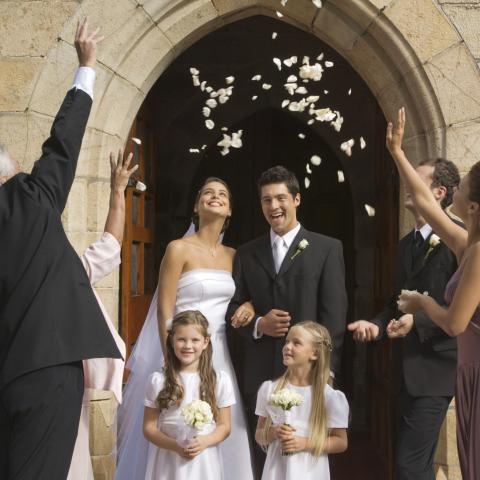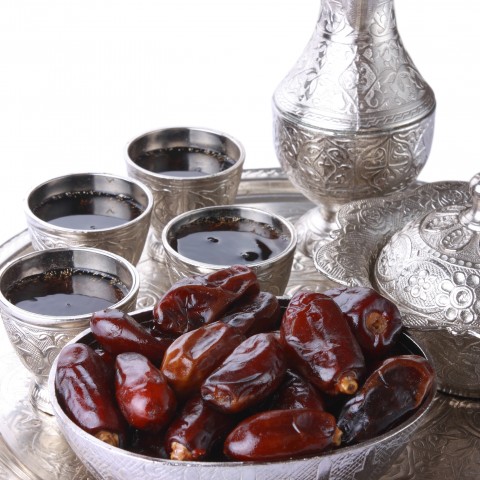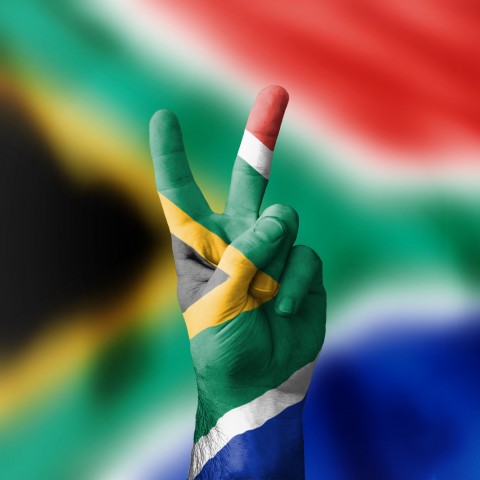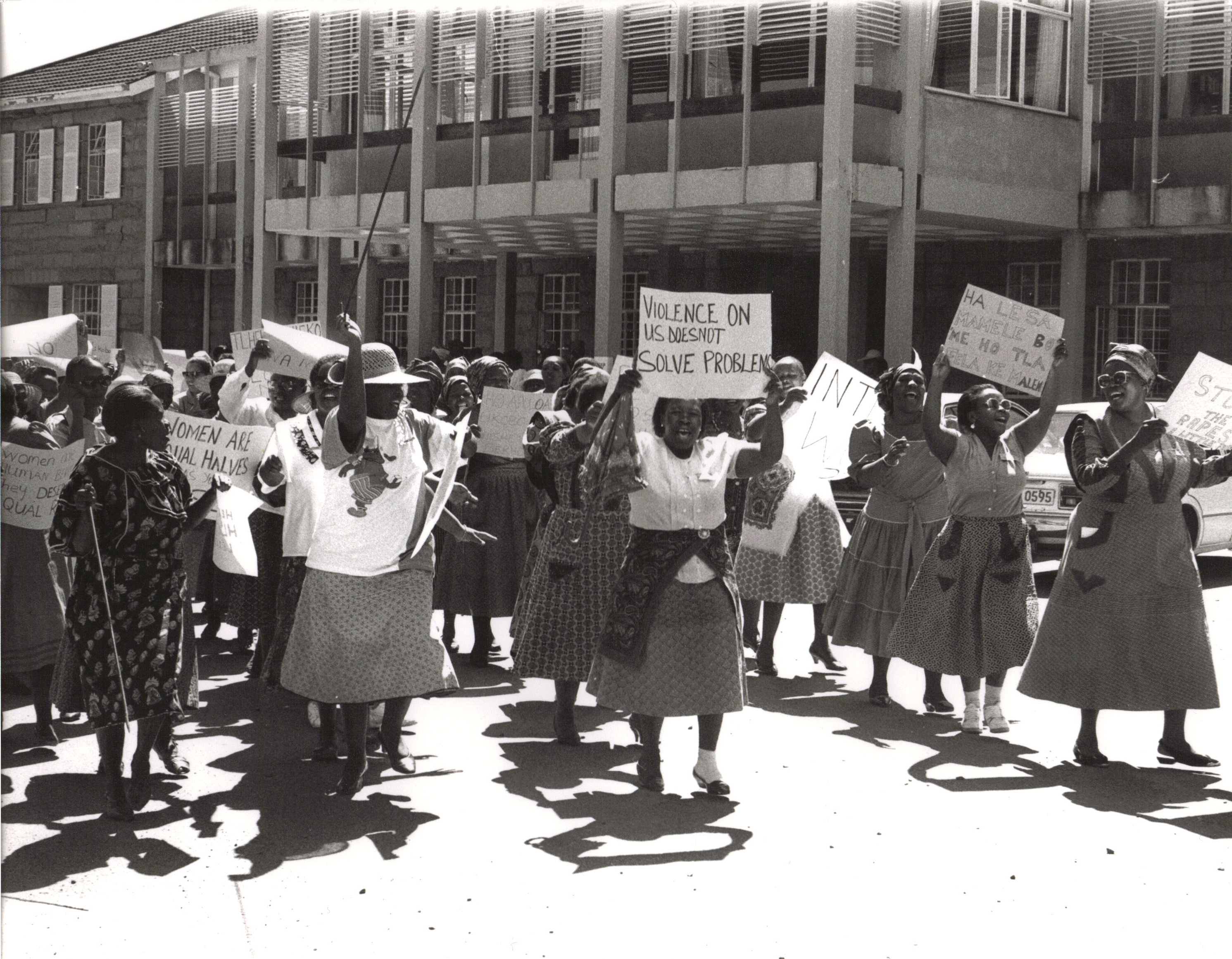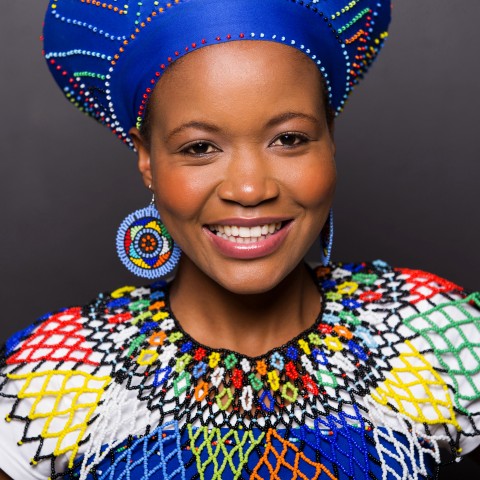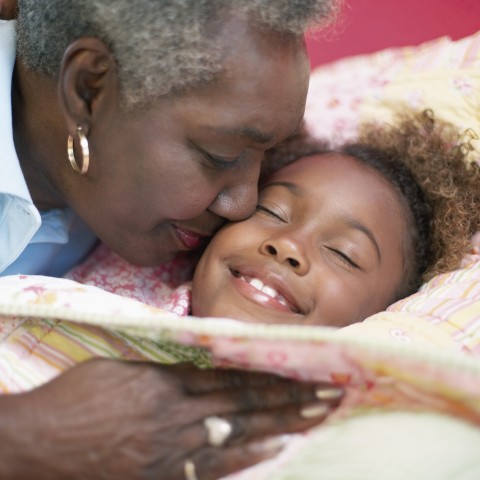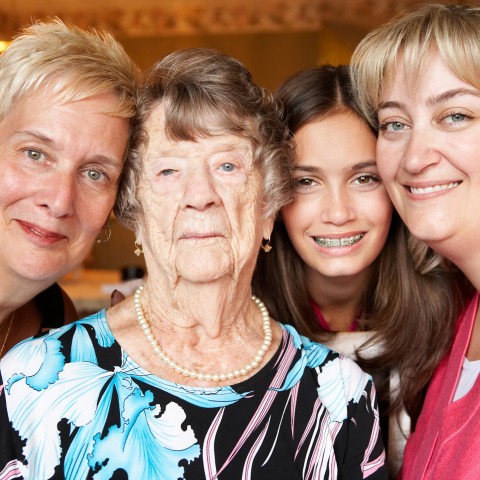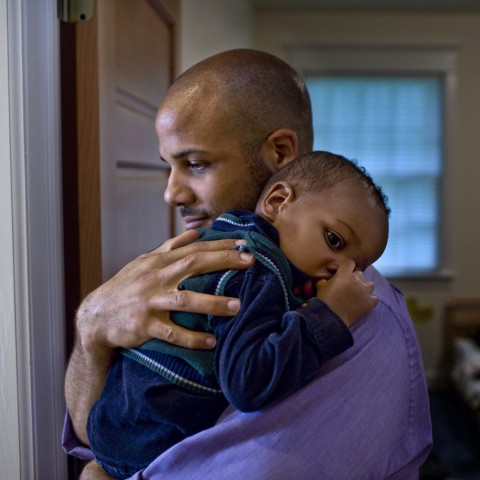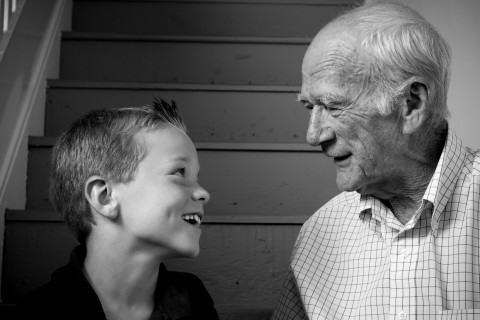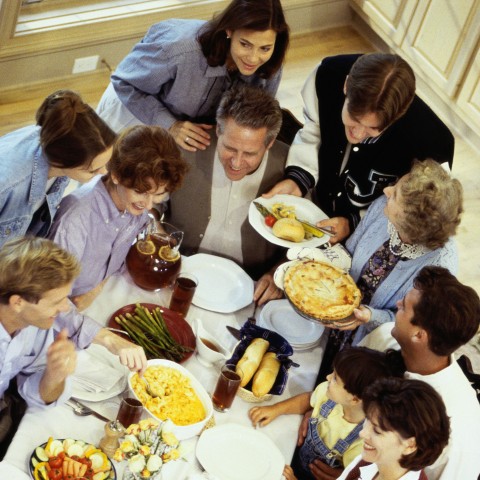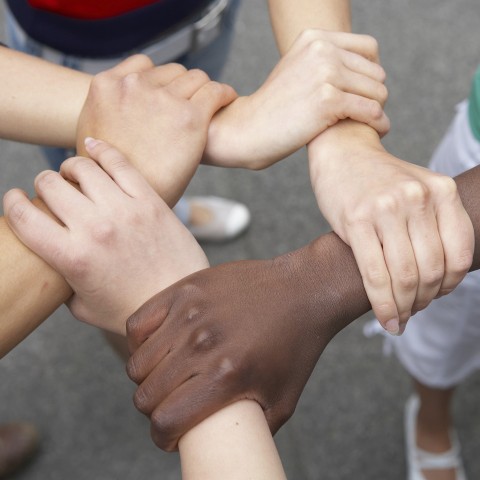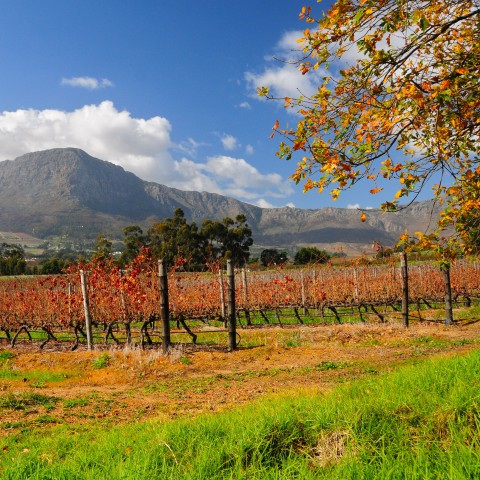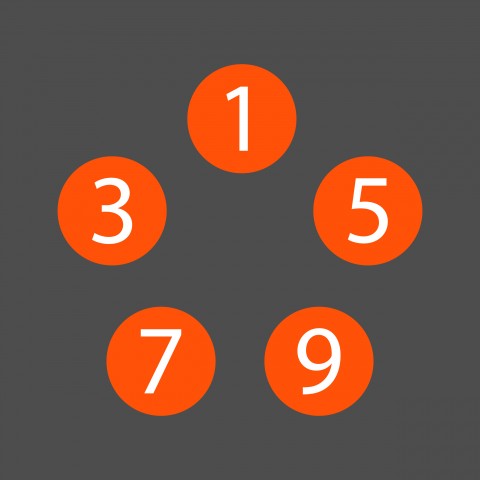In sentences, adjectives are used to describe nouns, such as: “the brave boy.” (“Brave” is the adjective, and “boy” is the noun in this clause.) These words, like adverbs, make any spoken or written language come alive, as they paint pictures that help us better understand what we read or hear.
AfrikaansPod101 provides you with multiple lists of adjectives in Afrikaans, in both text and sound formats, and with context! With practice, and by applying what you learn in these lessons, you’ll soon know how to use adjectives in Afrikaans.

Table of Contents
- What are Adjectives in Afrikaans?
- List of the Top 100+ Afrikaans Adjectives
- Short Exercise to Spot Afrikaans Adjectives
- AfrikaansPod101 Can Help You Use Afrikaans Adjectives Like a Boss!
1. What are Adjectives in Afrikaans?
Adjectives in Afrikaans (translation: byvoeglike naamwoorde) have the same function as English adjectives. Furthermore, they’re fairly simple to use, since, like all other Afrikaans word forms, they don’t have grammatical gender. Pretty straightforward, they always remain the same while beautifully describing things, objects, people, and concepts—in other words, nouns.
Here, we provide you with essential Afrikaans adjectives to use, for quick reference at your fingertips!
Also avail yourself to our lessons below, where we demonstrate how to pronounce these Afrikaans adjectives as well. With these, and all the other helpful tools on AfrikaansPod101, your learning will be very easy!
- Which Adjective Describes Your Personality Best?
- Describing the Weather
- Most Common Adjectives
- An invaluable Afrikaans Online Dictionary
Tip: Like in English, adjectives with opposite meanings are used in exactly the same way.
For instance:
Die gelukkige / ongelukkige seun.
“The happy / unhappy boy.”
Before we start our Afrikaans adjectives list, what is an adjective called in your language? Do they have grammatical gender? Explain this to us in the comments!
2. List of the Top 100+ Afrikaans Adjectives
1- Describing People and their Personalities, Talents, and Traits
This list is not exhaustive, but here you have the core Afrikaans adjectives to describe a person.
Afrikaans Adjective: gelukkig and ongelukkig
Translation: “happy” and “unhappy”
Use: ‘n gelukkige kind
Translation: “a happy child”
Afrikaans Adjective: slim
Translation: “clever” or “intelligent”
Use: die slim meisiekind
Translation: “the clever girl”
Afrikaans Adjective: vriendelik
Translation: “friendly”
Use: ‘n vriendelike man
Translation: “a friendly man”
Afrikaans Adjective: vrolike or opgewekte
Translation: “cheerful”
Use: my vrolike Ouma or die opgewekte vrou
Translation: “my cheerful Grandma” or “the cheerful woman”
Afrikaans Adjective: jong and ou
Translation: “young” and “old”
Use: die jong vrou
Translation: “the young woman”
Afrikaans Adjective: tevrede
Translation: “content”
Use: ‘n tevrede baba
Translation: “a content baby”
Afrikaans Adjective: eerlike
Translation: “honest”
Use: ons eerlike opinie
Translation: “our honest opinion”
Afrikaans Adjective: beleefde
Translation: “polite”
Use: die beleefde manier
Translation: “the polite way”
Afrikaans Adjective: kunssinnige
Translation: “artistic”
Use: my kunssinnige vriend
Translation: “my artistic friend”
Afrikaans Adjective: begaafde or talentvolle
Translation: “gifted” or “talented”
Use: haar begaafde seun or die talentvolle pianis
Translation: “her gifted son” or “the talented pianist”
Afrikaans Adjective: vrygewig
Translation: “generous”
Use: sy vrygewige natuur
Translation: “his generous nature”
Afrikaans Adjective: geduldige
Translation: “patient”
Use: ‘n geduldige ouer
Translation: “a patient parent”
Afrikaans Adjective: kwaai or woedende
Translation: “stern” or “very angry”
Use: die kwaai onderwyser or ‘n woedende persoon
Translation: “the stern teacher” or “a very angry person”
Afrikaans Adjective: skaam
Translation: “shy”
Use: die skaam dogter
Translation: “the shy daughter”
Afrikaans Adjective: onbeskofte
Translation: “rude”
Use: onbeskofte toeskouers
Translation: “rude audience”
Afrikaans Adjective: aggressiewe
Translation: “aggressive”
Use: sy aggressiewe houding
Translation: “his aggressive attitude”
Afrikaans Adjective: swaarmoedig or depressiewe
Translation: “depressed; heavy” or “depressive”
Use: ‘n swaarmoedige gees or die depressiewe man
Translation: “a depressed, heavy spirit” or “the depressive man”
Afrikaans Adjective: angstig
Translation: “anxious”
Use: ‘n angstige geaardheid
Translation: “an anxious personality”
Afrikaans Adjective: aangename and onaangename
Translation: “pleasant” and “unpleasant”
Use: aangename vrou
Translation: “pleasant woman”
Afrikaans Adjective: lui
Translation: “lazy”
Use: die lui namiddag
Translation: “the lazy afternoon”
Afrikaans Adjective: onvriendelike
Translation: “unfriendly”
Use: die onvriendelike kassier
Translation: “the unfriendly cashier”
Afrikaans Adjective: hardwerkende
Translation: “hardworking”
Use: my hardwerkende man
Translation: “my hardworking husband”
Afrikaans Adjective: mooi and lelik
Translation: “pretty” and “ugly”
Use: my mooi vrou and die lelike merk
Translation: “my pretty wife” and “the ugly mark”
Afrikaans Adjective: stil and lawaaierige
Translation: “quiet” and “noisy”
Use: die stil man and die lawaaierige kinders
Translation: “the quiet man” and “the noisy children”
2- Describing Shape, Size, Distance, Quantity, Texture, etc.
Afrikaans Adjective: groot and klein
Translation: “big” and “small”
Use: Die groot man met die klein hartjie
Translation: “The big guy with the tender heart”
Interesting Note: In this Afrikaans idiomatic expression, “small” refers to a tenderhearted person, and not to the literal size of a person’s heart (or the English expression “small-hearted”).
Afrikaans Adjective: hoë and lae
Translation: “tall” and “low”
Use: Die hoë toring met die lae vensters
Translation: “The tall tower with the low windows”
Afrikaans Adjective: boonste and onderste
Translation: “top” and “lower/bottom”
Use: die boonste kas and die onderste laai
Translation: “the top cupboard” and “the bottom drawer”
Afrikaans Adjective: linker and regter
Translation: “left” and “right”
Use: my linker hand en regter voet
Translation: “my left hand and right foot”
Afrikaans Adjective: min and baie
Translation: “few” and “lots/a lot of”
Use: min dae and baie suiker
Translation: “few days” and “lots of sugar”
Afrikaans Adjective: bietjie
Translation: “little bit”
Use: bietjie suiker
Translation: “little bit of sugar”
Afrikaans Adjective: enige
Translation: “any”
Use: enige tyd
Translation: “any time”
Afrikaans Adjective: alle and geen
Translation: “all” and “no”
Use: alle mense
Translation: “all people”
Afrikaans Adjective: sommige
Translation: “some”
Use: sommige mense
Translation: “some people”
Afrikaans Adjective: ver and naby
Translation: “far” and “close”
Use: die ver dorp and die naby winkel
Translation: “the far town” and “the close store”
Afrikaans Adjective: plat
Translation: “flat”
Use: plat vloere
Translation: “flat floors”
Interesting Note: Platvloerse (different from plat vloere) is an Afrikaans idiomatic expression that means the same as “vulgar” or “obscene.” It is never used in a positive way!
Example: Jou platvloerse gedrag word nie waardeer nie / “Your vulgar behavior is not appreciated.”
Afrikaans Adjective: ronde
Translation: “round”
Use: ‘n ronde nul
Translation: “a round zero”
Afrikaans Adjective: vierkantige
Translation: “square”
Use: vierkantige huise
Translation: “square houses”
Afrikaans Adjective: driehoekige
Translation: “triangular”
Use: driehoekige vorm
Translation: “triangular form”
Afrikaans Adjective: lang
Translation: “long” or “tall”
Use: die lang pad or die lang vrou
Translation: “the long road” or “the tall woman”
Afrikaans Adjective: kort
Translation: “short”
Use: kortpad
Translation: “short road”
Interesting Note: In Afrikaans, there’s an adverbial expression, kort-kort. This means the same as “frequently.”
Afrikaans Adjective: langwerpig
Translation: “long”
Use: langwerpige doos
Translation: “long box”
Afrikaans Adjective: gewone and ongewone
Translation: “usual/common” and “unusual”
Use: die gewone dinge
Translation: “the usual stuff”
Afrikaans Adjective: hobbelrige
Translation: “bumpy”
Use: hobbelrige oppervlakte
Translation: “bumpy surface”
Afrikaans Adjective: sagte and harde
Translation: “soft” and “hard”
Use: sagte vel and harde klippe
Translation: “soft skin” and “hard rocks”
Afrikaans Adjective: glad and growwe
Translation: “smooth” and “rough”
Use: gladde bek and growwe taal
Translation: “smooth talker” and “rough language”
Afrikaans Adjective: blink and dowwe
Translation: “shiny” and “dull/muffled”
Use: die blink oë and ‘n dowwe geluid and die dowwe metaal
Translation: “the shiny eyes” and “a muffled noise” and “the dull metal”
Afrikaans Adjective: ligte and swaar
Translation: “light” and “heavy”
Use: die ligte bries and die swaar tafel
Translation: “the light breeze” and “the heavy table”
Afrikaans Adjective: wye and nou/noue
Translation: “wide” and “narrow”
Use: Iwye glimlag and noue ontkoming and die nou gang
Translation: “wide smile” and “narrow escape” and “the narrow corridor”
3- Describing the Weather
Afrikaans Adjective: bedompige
Translation: “stuffy”
Use: bedompige dag
Translation: “stuffy day”
Afrikaans Adjective: bewolkte
Translation: “cloudy”
Use: bewolkte weer
Translation: “cloudy weather”
Afrikaans Adjective: stormagtige
Translation: “stormy”
Use: stormagtige see
Translation: “stormy sea”
When the weather is described using an adverb, it’s mostly with the above-mentioned nouns: dag, weer, see / “day, weather, sea.” Following is a list of useful Afrikaans adjectives you can use to describe the weather with these nouns:
helder – “bright”
Sample: Dis ‘n helder dag.
Translation: “It’s a bright day.”
koue and warm – “cold” and “hot”
Sample: Op koue dae dra ons warm klere.
Translation: “On cold days, we wear warm clothes.”
nat and droë – “wet” and “dry”
Sample: Maak die nat vloer met ‘n droë lap droog.
Translation: “Dry up the wet floor with a dry cloth.”
oop and skoon – “open” and “clear”
Sample: Die dag is oop en skoon.
Translation: “The day is open and clear.”
sonnige – “sunny”
Sample: Die sonnige stoep is warm.
Translation: “The sunny porch is warm.”
koel – “cool”
Sample: Dis koel buitekant.
Translation: “It’s cool outside.”
mistige – “misty”
Sample: Kyk na die mistige bergtoppe.
Translation: “Look at the misty mountaintops.”
winderige – “windy”
Sample: Longbeach is nie ‘n winderige strand nie.
Translation: “Longbeach is not a windy beach.”
windstil – “quiet”
Sample: Dis ‘n windstil middag.
Translation: “It’s a quiet afternoon.”
Note: Here, windstil specifically means that there’s no wind blowing.
–winters and somers and lente and herfs – “winter” and “summer” and “spring” and “autumn”
Sample: Ons winters klere is nie geskik vir somers dae nie.
Translation: “Our winter clothes are unsuitable for summer days.”
Sample: Die lentedae is koel en vars, amper soos herfsdae.
Translation: “Spring days are cool and fresh, almost like autumn days.”
4- Using Colors to Describe Things
Colors in Afrikaans are used to describe things, like in English. Such as:
Afrikaans Adjective and Sample Phrase: blou — die blou Maandag
Translation: “blue” — “the blue Monday”
Afrikaans Adjective and Sample Phrase: bruin — ‘n bruin skoen
Translation: “brown” — “a brown shoe”
As adverbs, all color words are used the same way as in these examples.
- rooi — “red”
- geel — “yellow”
- groen — “green”
- oranje — “orange”
- pers — “purple”
- bruin — “brown”
- wit — “white”
- swart — “black”
- grys — “gray”
3. Short Exercise to Spot Afrikaans Adjectives
Now that you have some good Afrikaans adjectives under your belt, read the following paragraph in easy Afrikaans, and write down all the adjectives you can find in the comments below! Ask your teacher if your answers are correct…
Die stil man staan op. Hy kyk na die jong vrou in die rooi jas. Sy is lank, met gladde, bruin hare. Hy wil met haar praat, maar voel skaam. Hy gaan sit weer stadig en kyk net na haar mooi profiel.
“The quiet man stands up. He looks at the young woman in the red coat. She is tall, with smooth, brown hair. He wants to talk with her, but feels shy. He slowly sits down again and just looks at her pretty profile.”
4. AfrikaansPod101 Can Help You Use Afrikaans Adjectives Like a Boss!
Learn adjectives and so much more in easy, fun ways from a native speaker! Also, get access to free tools, such as hundreds of Vocabulary Lists, a comprehensive Core Word List, a Key Phrase List, and a Word of the Day every day!
Sign up for a free lifetime account with AfrikaansPod101, and you’ll immediately have access to other tools, such as helpful flashcards, and space to create your own personalized Word Bank.
With application, persistence, and the help of our fantastic team, you’ll be able to speak Afrikaans like a native in no time at all! Enroll today.









